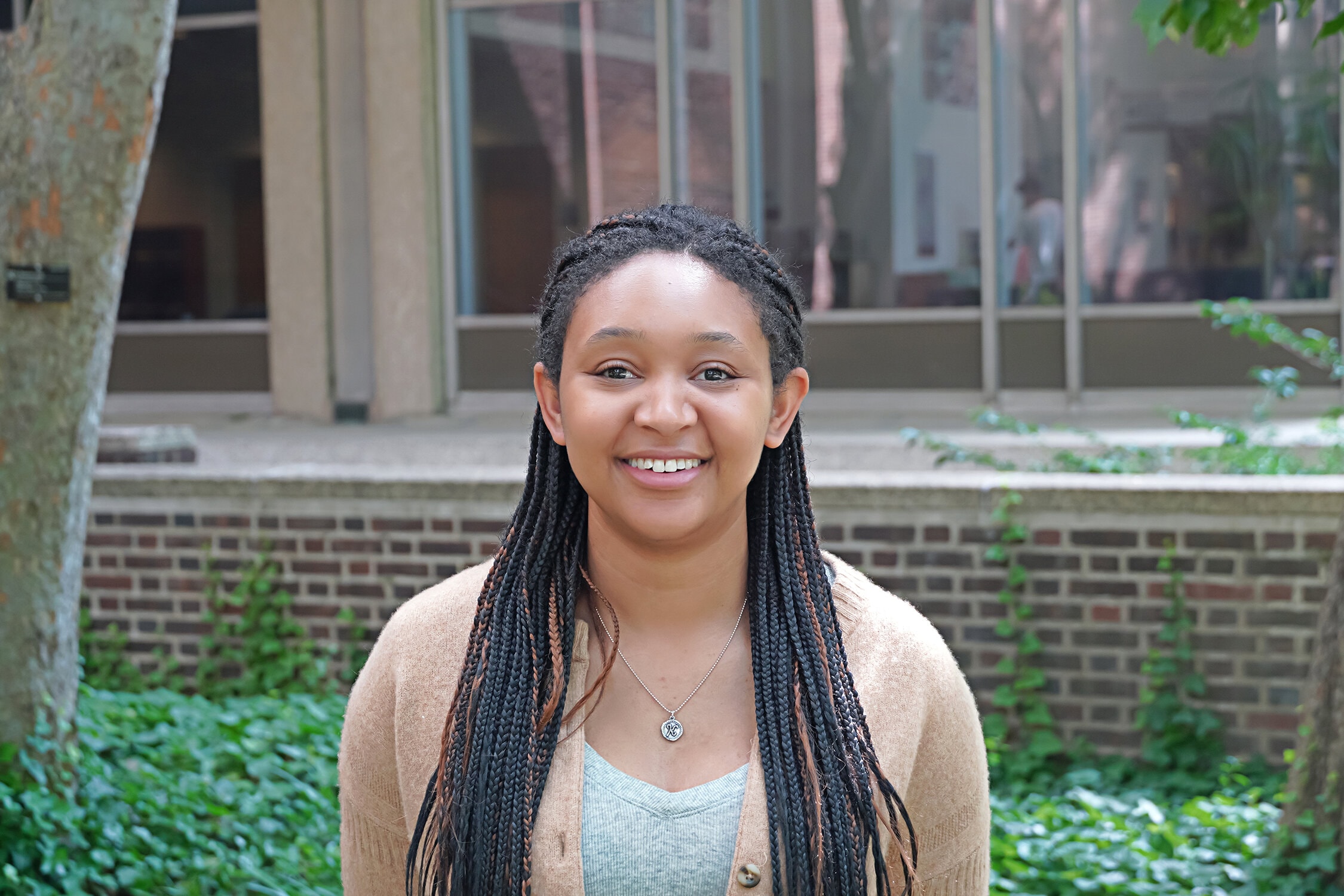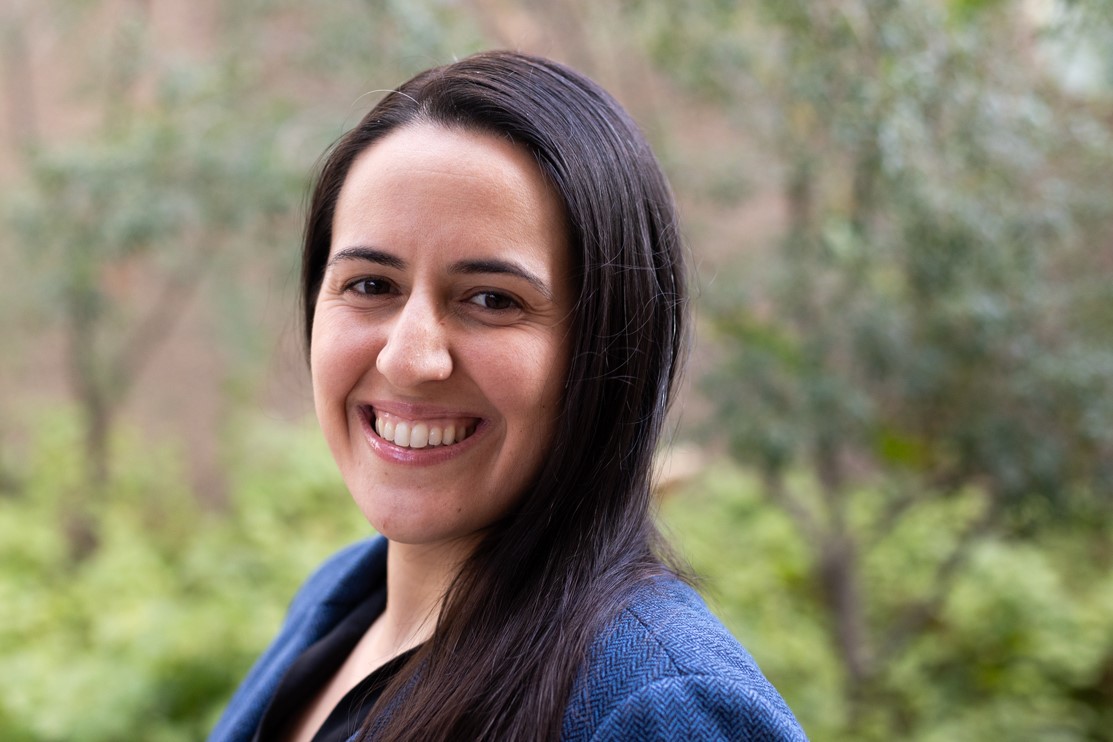Project Reports
- Starts at
- Tue, Oct 22, 2024, 14:00 EDT
- Finishes at
- Tue, Oct 22, 2024, 15:30 EDT
- Venue
- DSI Seminar room
- Moderator
- Alasdair MacDonald
Moderator
-

Alasdair MacDonald
University of Edinburgh
Alasdair MacDonald is the Metadata and University Collections Facility Manager at Edinburgh University Library, where he has worked since 2014. He is the manger of the Metadata Team, which provides a centralised bibliographic cataloguing service to all Library sites, and also manages the Library's offsite collections store. Alasdair is the current Chair of the DCMI Governing Board and Vice Chair of the CILIP Metadata and Discovery Group Scotland Committee. He has previously held posts at the Bodleian Library and National Library of Scotland.
Presentations
From linked data editors to the Alma ILS: A case study of BIBFRAME interoperability
Authors: Kaylin Blount, Jim Hahn
-

Kaylin Blount
University of Pennsylvania Libraries
Kaylin Blount (she/her) is the Metadata Project Librarian at the University of Pennsylvania Libraries. Her work supports multiple areas of technical services, focusing on batch workflows for metadata using a variety of technologies, catalog maintenance projects, linked data, and metadata for digital collections. Kaylin holds a bachelor's degree in English from Princeton University and a Master of Science in Information Science from the University of North Carolina at Chapel Hill. -

Jim Hahn
Penn Libraries
I am the Head of Metadata Research at the University of Pennsylvania Libraries leading linked data and metadata projects and research for the Libraries. Working collaboratively across the Libraries, my work is developing a vision for the services, technologies and policies to enhance discovery of collections, following international standards and best practices for linked data and metadata. I hold an M.S. and C.A.S. in Library and Information Science from University of Illinois and I am a current PhD student in Information Sciences at the University of Illinois.
Using AI to Facilitate Discoverability and Curation of the ASU Library Repository Collections
Authors: Timothy Provenzano, Rachel Fernandez, Chad Deets, and Deirdre Kirmis
The library lacks a dedicated position for creating metadata, with the responsibility distributed among various units already tasked with other duties. This project aims to determine whether ChatGPT can effectively generate accurate metadata that meets best practices. The library will use an existing archival collection of government documents, which already has human-created metadata, as a benchmark,
in comparing the generated metadata for the fields Title, Description, and Keywords. By comparing ChatGPT-generated metadata to the existing metadata, the library will assess the relevance of AI outputs and the level of oversight required. If the AI-generated metadata shows minimal variance from the human-created metadata, the workflow could expand to other collections and reduce the backlog of unpublished archival collections that require descriptive metadata.
-

Timothy Provenzano
Arizona State University Library
Timothy is a librarian specializing in digital collections and repositories. In his current role, he facilitates the ingest of scholarly and special collections into ASU Library's repository ecosystem. He also has extensive experience in digitization for cultural heritage institutions. Research interests include enhanced methods of organizing and presenting digital collections and archival metadata. -

Rachel Fernandez
Arizona State University
Rachel is the Research Data Reproducibility Librarian, within the Open Science and Scholarly Communication Division at ASU Library. In this role, she is responsible for developing and managing research data publication workflows and providing guidance and support to the ASU research community with an emphasis on supporting reproducibility and open science practices. Prior to joining ASU Library, Rachel worked as the Digital Preservation Program Manager for archaeological data at the Center for Digital Antiquity, which manages tDAR (the Digital Archaeological Record). With a background in archaeology and digital preservation, Rachel is dedicated to preserving and making accessible cultural heritage data. -

Chad Deets
Arizona State University
Chad Deets serves as a Metadata Librarian at Arizona State University. He supports accurate description and discovery of information within the university’s institutional repositories and specialized print collections. Chad previously held positions working with government document collections. He earned a Master of Library and Information Science from San Jose State University and a Bachelor of Arts degree in History and Political Science from Arizona State University. -

Deirdre Kirmis
Arizona State University Library
Deirdre's role involves implementing and supporting systems and applications that provide solutions to workflow requirements of library staff and patrons. She provides technology support of various platforms utilized for instructional resources, library operations, and web communications. She collaborates with other groups within ASU to build partnerships, promote the library, and develop solutions specific to their needs.
FAIR Principle:Make the Multimodal Data in Science & Technology Linkage Research Reliable
Authors: Chai Miaoling, Zhang Xian
To achieve this goal, the study focuses on the following three main parts: first, analyze the multimodal data modality and format; second, construct secondary indicators based on the FAIR principle and select metadata operations mapping it, with a perspective of machine automatic discovery and interoperability capabilities. Finally, score and evaluate based on 31 types of data.
-

Chai Miaoling
National Science Library(Chengdu), Chinese Academy of Sciences
Since 2000, I have been working at the National Science Library (Chengdu) of the Chinese Academy of Sciences. Currently, I am the Master's Practice Supervisor of Library and Information Science at Sichuan University, and the Supervisor of Master's Students at the Agricultural Information Institute of the Chinese Academy of Agricultural Sciences. From September 2015 to February 2016, I worked at the Food and Agriculture Organization of the United Nations (FAO) as an Information Specialist. My research domain is Library and Information Science, especially KOS, knowledge representation, acquisition, knowledge integration, and information analysis. In recent years, as a project leader, I have dedicated myself to the practical application of relevant research in the field of agriculture, and I hope to help the agricultural community acquire knowledge in the open access environment quickly and effectively.
Structuring Hansard transcripts into interoperable and reusable data
Authors: Rachel Barber-Pin, Yasuko Enosawa
-

Rachel Barber-Pin
Legislative Assembly of Ontario
Rachel Barber-Pin is a data services specialist with extensive experience in managing and optimizing data within legislative and governmental environments. In her current role with the Legislative Assembly of Ontario, she excels in delivering client-focused data services which include research and reference services across Assembly branches, creating customized analytics and visualizations and defining best practices for data set creation, modeling, and publication of open data. Previously, as an Index and Reference Officer at the Assembly, she indexed the official reports of the debates of the Ontario Legislature, its Standing Committees and related House publications and make them accessible in print and digital formats, provided research services to internal and external clients and researched and implemented new and emerging methods for electronic indexing and digital information management. Rachel is passionate about leveraging data for optimal organizational performance and public service. -

Yasuko Enosawa
Legislative Assembly of Ontario
Yasuko Enosawa is a metadata services librarian at the Legislative Assembly of Ontario. She has been at the Assembly since 2005 and started as a cataloguer. She has been involved various website and application development projects, including Advanced Hansard Search modernization, the Parliamentary Portal and the Assembly taxonomy for Legislative Information Management System/Service projects.
The Impact of AI on Metadata: AI Study Group for Learning and Interdisciplinary Collaboration
Authors: Charlene Chou
-

Charlene Chou
New York University, Division of Libraries
Charlene Chou is the Head of Knowledge Access Department at the New York University Libraries, managing cataloging and metadata services. She has committed to do pilot projects on emerging trends and technologies. Her research interests lie primarily in the areas of metadata management, the discovery of multilingual resources, artificial intelligence/natural language processing models for subject indexing, digital scholarship, and inclusive metadata.
Representing Data Use Restrictions in Descriptive Metadata
Authors: Carley Meredith
-

Carley Meredith
Bank of Canada
Carley Meredith is a Metadata and Standards Analyst working in the Digital Library and Data Licensing Services division at the Bank of Canada. She is a practicing cataloguer whose current areas of interest include metadata best practices for data cataloguing and institutional repositories. Carley is also a member of the Advisory Group for the Canadian Federal Libraries Strategic Network (CFLSN).
Harmonizing Local Metadata Practices for Library Resources on the Internet Archive
Authors: John Huck, Luc Fagnan
-

John Huck
University of Alberta
John Huck is a metadata librarian at the University of Alberta, where he supports digitization activities and data repository services. He has participated in the Dublin Core Application Profiles Working Group and is active in the Canadian Research Data Management community as co-chair of the Dataverse North Expert Group within the Digital Research Alliance of Canada. His research interests include linked data and communities of practice. -

Luc Fagnan
University of Alberta Library
Luc Fagnan (he/him) is a settler of European descent born and raised in Edmonton, Alberta, on Treaty 6 Land. He received his MLIS and his BA in Sociology from the University of Alberta in 2020 and 2017, respectively. As a student and new graduate, Luc pursued various opportunities in public librarianship, cataloguing, archives, and copyright, and has been working as a Metadata Specialist with the University of Alberta Library since 2022.





